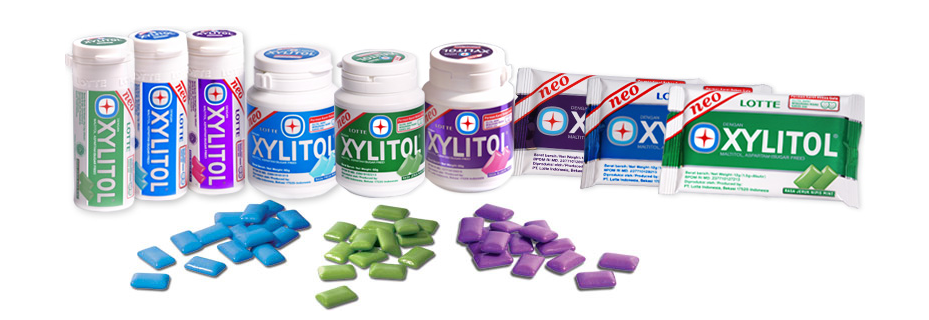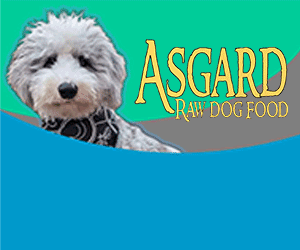Samuel Durkan, DVM, DACVECC
Co-medical Director at PVSEC BluePearl Pittsburgh
What is Xylitol? It is a natural sugar substitute found in gum, candy, some medications (mostly children’s), peanut butter and in bulk for baking needs. Xylitol’s popularity is based on its anti-cavity producing properties, unlike sugar for people. This is its main fondness as a sugar substitute in gum. The amount in commercially available gum varies greatly. In people it is sweet and a low calorie substitute for sugar. In our four legged friends the story is different and sometimes fatal. Sorbitol, unlike xylitol does not pose a danger to our furry friends.
Xylitol in dogs can cause clinical signs of hypoglycemia (low blood sugar), weakness, and even cardiovascular collapse. The reason it causes these clinical signs, is that xylitol is a very strong stimulator of insulin. With this surge in insulin release the patient can get mildly hypoglycemic to profoundly hypoglycemic, and even cause seizures. Consumption of levels as low as 0.1g/kg of xylitol can cause clinical signs of a low blood glucose, and levels of 0.5 g/kg can cause acute liver necrosis.
Your pet has ingested something with xylitol, now what? Call ASPCA animal poison control or the Pet Poison Helpline to find out how severe the danger is and what if any treatment is needed. In my opinion you should refrain from using hydrogen peroxide to induce vomiting, unless you are far from an emergency clinic. Hydrogen peroxide can cause severe esophageal and gastric irritation. If the dose is deemed to be toxic, then go to an emergency clinic such as PVSEC BluePearl Pittsburgh and bring the poison control case number. Depending on the severity of ingestion, your pet may need to stay for several days. Induction of emesis (vomiting) with apomorphine may need to be performed and blood tests may be necessary. Baseline blood work including chemistry panel and blood glucose maybe helpful in determining any liver damage. If the blood glucose is low and there is evidence of liver enzyme elevation, then admission to the hospital and ICU should be strongly considered. Daily monitoring of liver values, IV fluids, and liver protectants should be part of the treatment plan. A continuous infusion of dextrose and monitoring of serial blood glucose for the first 24 hours will likely be required.
If after several days in the hospital, the blood glucose is normal off of supplementation and the liver values are not rising then the patient can likely continue to recover at home. If the liver values continue to rise and there is evidence of liver failure, such as persistent low blood glucose, coagulation abnormalities and increasing liver enzymes and icterus, then the prognosis is guarded and maybe fatal. These patients require aggressive ICU care and transfusions with blood products and plasma.
Always remember that Xylitol is in lots of foods, candies, gum, and is now available in bulk for baking needs. This substance, although benign in people can be deadly in our beloved pets. When in doubt call the Pet Poison Hotline, ASPCA poison control or your local veterinary emergency hospital. Delayed treatment can be disastrous.



